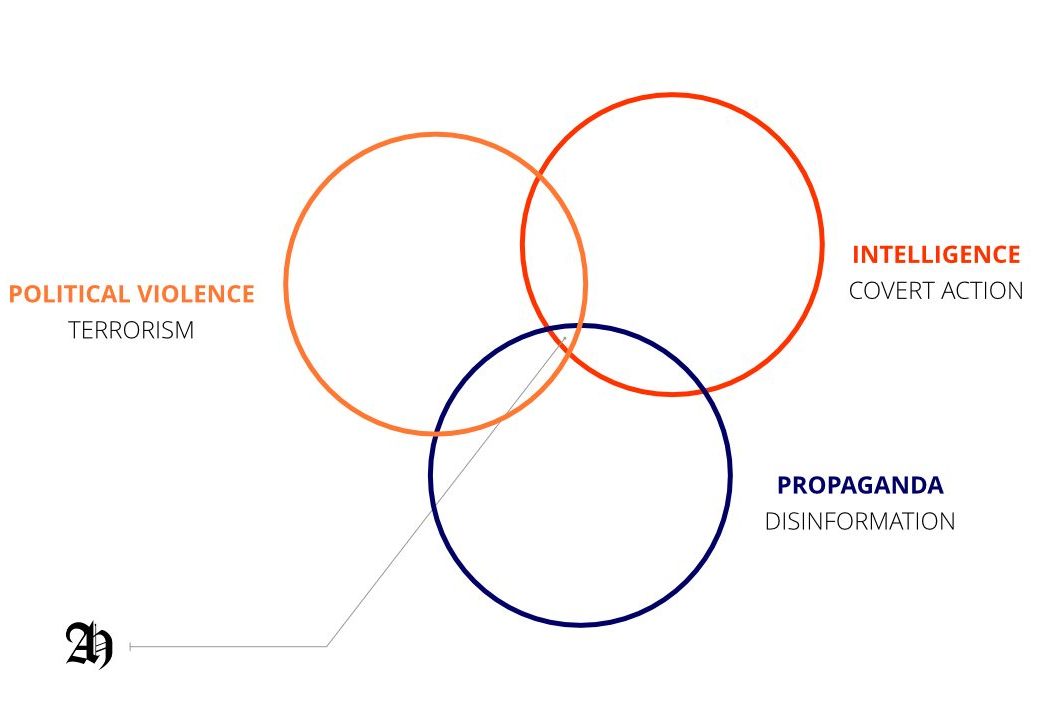Currently, free and informed political decision making is severely endangered by disinformation, terrorist violence and secret influence operations, leading to democratic crises around the world. Because today’s evolving global challenges are complex and interconnected during this time of fractious and transforming geopolitics, they cannot be analyzed as isolated components.
In aggregate, Hänni’s research analyzes the historical role and mechanics of socio-political manipulation and responses to these challenges. This includes understanding the relationship between influence through mass media, the rise of transnational political violence, and the emergence of informal international governance networks.

